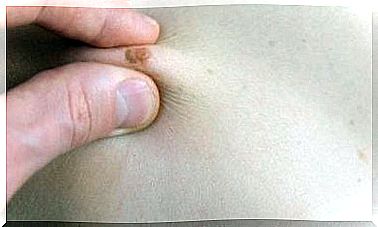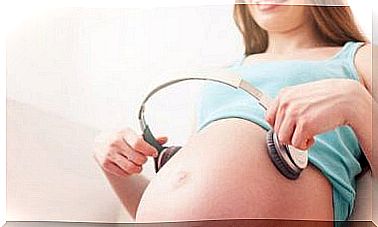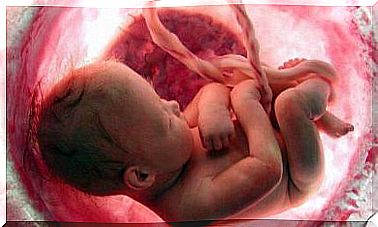6 Tips For A Safe Pregnancy After Miscarriage

A safe pregnancy is a concern for many women, especially after going through the difficult experience of miscarriage. The first thing women should do is make sure the cause of their loss has been resolved or treated.
Then the next step is to let their bodies recover, return to normal and prepare for another pregnancy.
This process takes time, so attention and physical and psychological care are needed to ensure that both parents are prepared. Doctors therefore recommend a series of tests that will help identify the cause of a miscarriage.
With these results, doctors can then determine the resources needed to address issues that could affect future pregnancies.
How to Have a Safe Pregnancy After a Miscarriage
1. Give yourself time to emotionally recover

A miscarriage can cause feelings of intense fear, guilt, and loss. Of course, these are not the feelings you want to start your next pregnancy with.
Also keep in mind that the longer your pregnancy was when you had to go through the loss, the longer it will take for you to heal emotionally.
2. Make sure there is no damage to your reproductive organs
After a miscarriage, damage and infections can occur in a woman’s internal organs. In extreme cases, there is even a risk of impaired fertility or loss of fertility.
It is therefore important to consult your gynecologist to rule out physiological problems. Your doctor may recommend the following medical tests, among others, to determine the cause of previous miscarriages and prevent them in the future.
- blood test. This allows your doctor to examine your immune system and the hormonal balance needed for a safe pregnancy.
- Genetic testing. Genetic testing will ensure that you and your partner’s chromosomes are not the cause of a miscarriage.
- ultrasound. To inspect the woman’s abdomen.
- Hysteroscopy. To observe a woman’s fallopian tubes and uterus.
- Contrast echo. This allows doctors to check that the uterus is in good condition.
It is also important to wait long enough for your menstrual cycle to return to regularity, especially the luteal phase. If you want to get pregnant again, your uterus must be healthy, strong, and you must have normal estrogen levels.
3. Pregnancy After Miscarriage: Prenatal Vitamins
When planning the conception of a baby, experts also recommend that women take good prenatal vitamins. In this way you increase the amount and quality of the essential nutrients that babies need for their development.
You can look for over-the-counter vitamins or ask your doctor for a prescription. The main elements your body needs include folic acid, calcium and iron.
4. Avoid excessive physical exertion at home and at work
Daily household chores can also be dangerous when you are pregnant. Also avoid exposure to chemicals and lifting heavy objects.
Using crutches or ladders to reach objects also poses a risk, as does picking up waste containing toxic components. Also, be careful not to stand for too long, especially near a gas stove or oven.
5. Monitor your weight changes
Your body needs more nutrients when it comes to a safe pregnancy. It is therefore normal to gain a few kilos. However, it is important that you make sure that your weight gain is healthy.
If you gain too much, then it’s harder to lose it afterwards. However, if you don’t gain enough weight, your baby is at risk of insufficient growth at birth.
6. Pregnancy after a miscarriage: improve your diet

In addition to drinking plenty of water, you should definitely eat six balanced meals every day. The most recommended foods for pregnant women are those that are rich in folic acid.
These include:
- cereals
- asparagus
- lentils
- fish
- oranges
Remember that folic acid contributes to the proper development of babies.
In addition, you should also limit your caffeine intake during pregnancy. If you want to eat something in between, choose healthy options like fruits, which contain natural sugars that boost your energy levels.
These recommendations will help you have a safe pregnancy after a miscarriage. Remember that before trying to conceive, you need to be emotionally prepared to ensure a caring and satisfying process for you, yourself and your future child.









